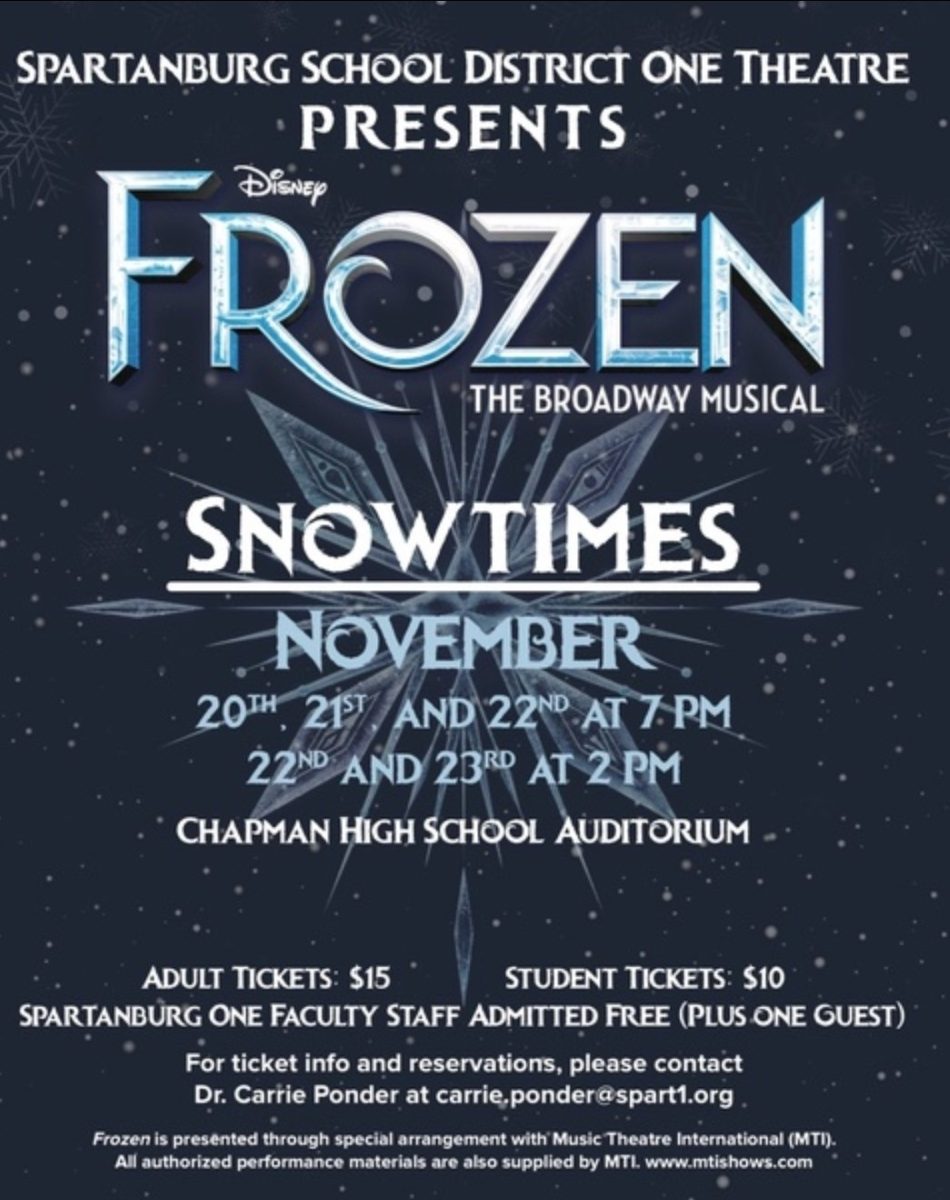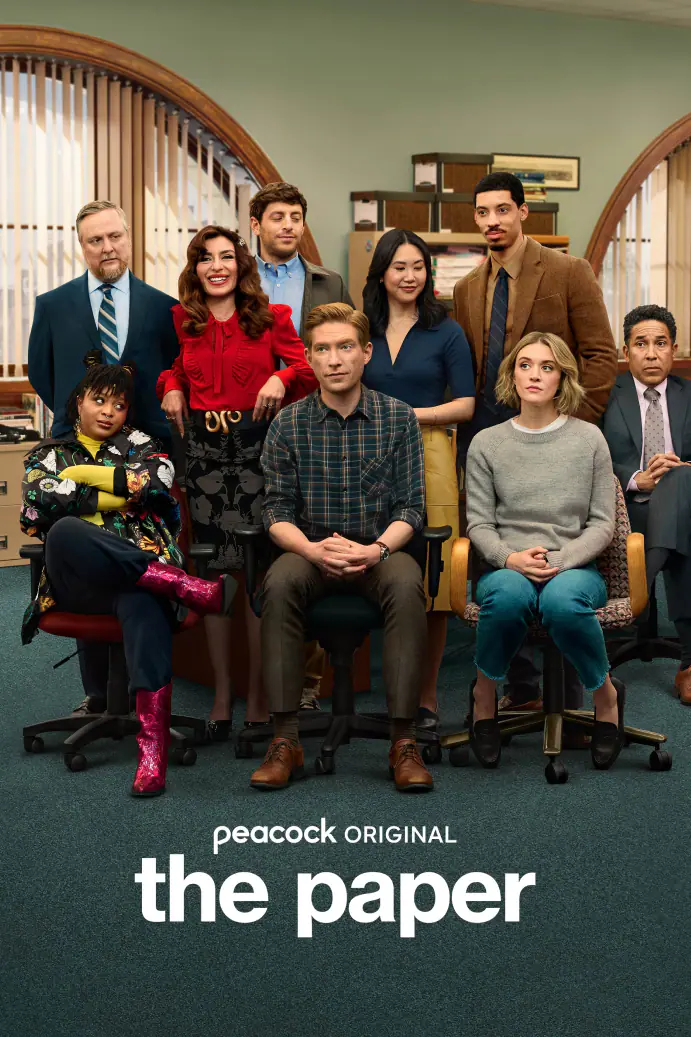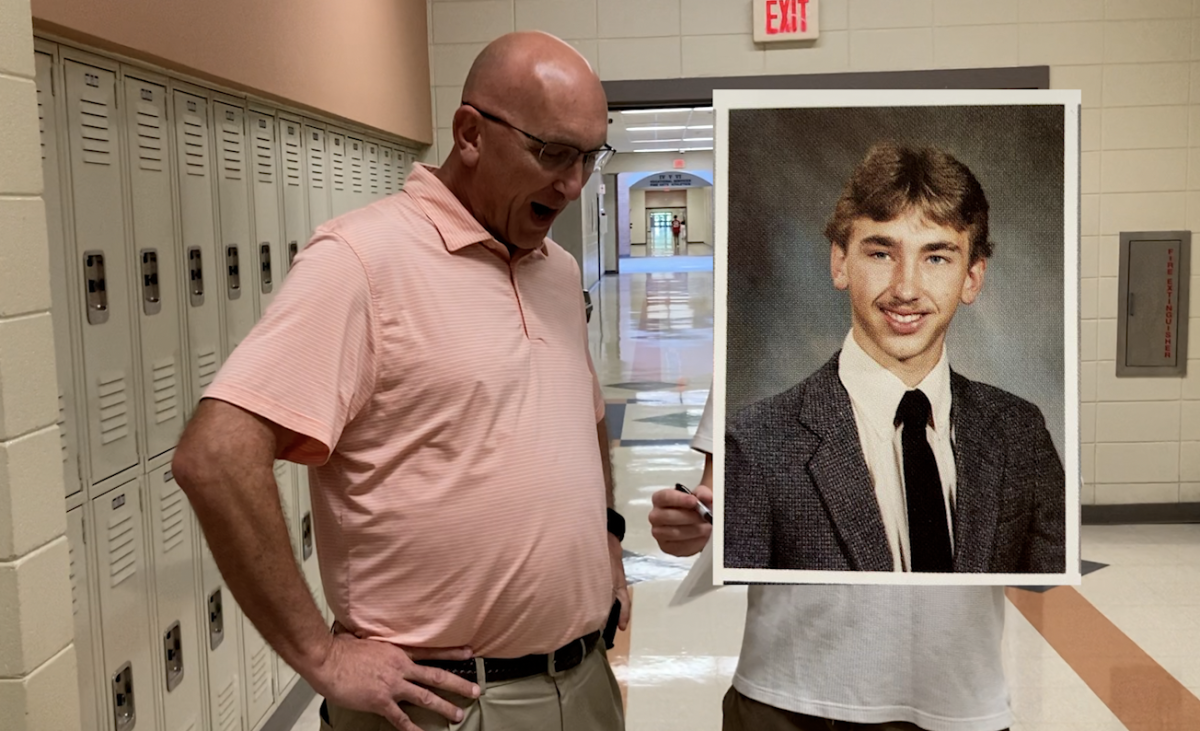With the rise of short-form entertainment and increasingly addictive games and websites, there has been a very noticeable decline in attention spans for all ages. This steady and scary decline affects how people learn, read and, most importantly, how they view entertainment — more specifically, film and television.
Before apps like TikTok and Instagram normalized short, simple videos you could watch and scroll away from at any time, the entertainment landscape was populated with smart, sophisticated films and television shows that people watched and enjoyed, even if it was challenging and made them think.
Now, some people refuse to watch movies if they’re over two hours or too serious. People can only watch one or two episodes of television before they get bored. Some have been so negatively affected by TikTok that the simple task of a two- or three-hour movie sounds daunting. If a movie or show is challenging or makes you think, a lot of people unfortunately refuse to watch.
This decline in attention spans has also led to a different way of consuming entertainment: watching shows and films in clips on TikTok. Only seeing fragments of a series robs you of some good, quality shows, and the experience of watching short clips is nothing compared to the satisfaction of watching a full series. But, unfortunately, people don’t seem to care.
A surprising number of people even watch full movies this way, spread out over dozens of short scenes. While it accommodates shorter attention spans, it strips away the artistic value and message of the film. Key moments and context are lost, leaving the story incomplete.
This trend is very worrying for a number of reasons, including completely missing the message and experience of the film. But more importantly, a large number of people don’t see film and television as art made by talented, hardworking people anymore. They see it as a TikTok — a short, simple video that can go away when they get bored.
The TikTok consumption of media needs to end.





